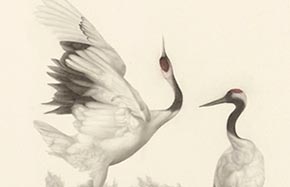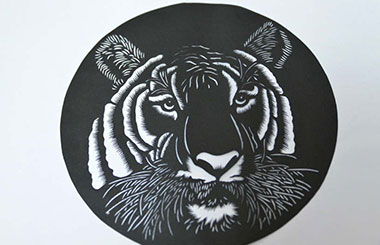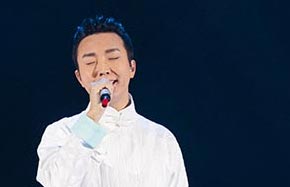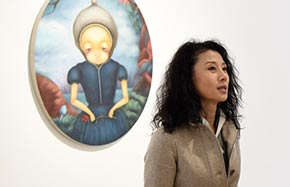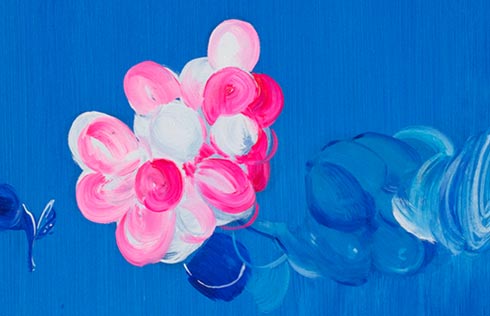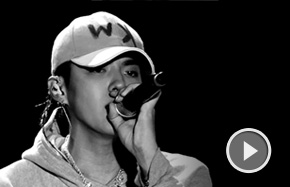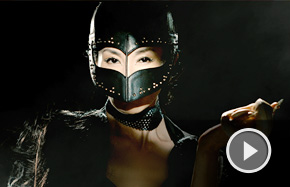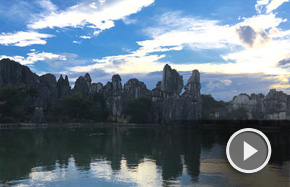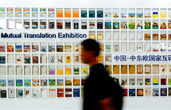Awards honor modern poets of China
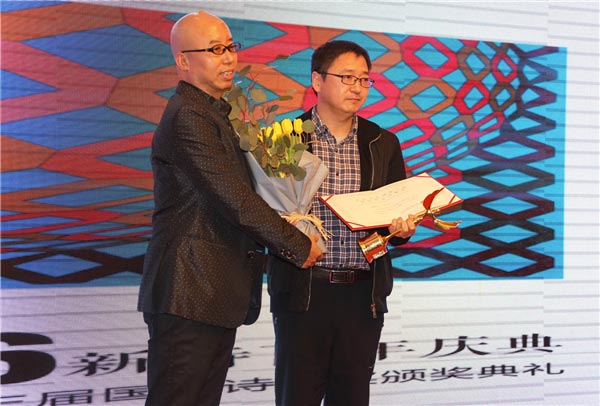 |
|
Shaiyanren (right) awarded first prize by Yang Ermin, chairman of International Chinese Poetry Award. [Photo provided to China Daily] |
The Centennial Celebration for Modern Chinese Poetry and the 3rd International Chinese Poetry Award ceremony were hosted in Beijing on Dec 17 by Beijing Literature and Art Network.
Seven poets won awards, from among more than 8,000 applications and 150,000 poems submitted.
Shaiyanren, whose real name is Gao Pengcheng, won the first prize. Born in Ningxia Hui autonomous region, he has been living in Ningbo, a coastal city in Zhejiang province, for 21 years as a teacher, a journalist and other occupations. His poems focus on museums and time.
Xi Shuai, whose real name is Lin Liubin, won the First Collection of Poems Award, and his poems will be published with the help of Beijing Literature and Art Network.
As a vegetable farmer in Ezhou, Hubei province, Xi Shuai had never thought he would win the poetry award. "My dream in poetry during the past 20 years has turned into reality," he says.
He adds that the award provides a platform for grassroots poets like himself.
Yang Lian, poet and director of the jury committee, points out one key feature of the award lies in its folk nature. It was not until the day before the ceremony that the juries met the award-winning poets for the first time.
"We didn't know their gender or age, and were surprised to meet the poets. It actually reveals the way we judge — we only care about the text, not the background of poets," says Yang.
Beijing Literature and Art Network also sets up an Honorary Award for Poets for the first time this year, and the winner was Shi Zhi (Guo Lusheng), a pioneer of contemporary Chinese poetry. His most famous poem, Believe in the Future, was recited at the ceremony.
The year 2017 marks the centennial of modern Chinese poetry. In 1917, Hu Shi started to publish poems in the New Youth magazine, which was the beginning of new Chinese poetry.
Tang Xiaodu, secretary-general of the award's organizing committee, says that the century of modern Chinese poetry is cross-generational and cross-cultural, and the evolution of Chinese new poetry is closely connected with the nation's destiny.
Related:




